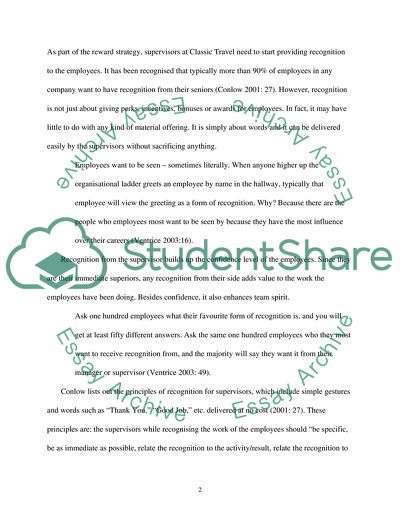Cite this document
(“The Reward strategy Essay Example | Topics and Well Written Essays - 1250 words”, n.d.)
Retrieved from https://studentshare.org/miscellaneous/1561945-the-reward-strategy
Retrieved from https://studentshare.org/miscellaneous/1561945-the-reward-strategy
(The Reward Strategy Essay Example | Topics and Well Written Essays - 1250 Words)
https://studentshare.org/miscellaneous/1561945-the-reward-strategy.
https://studentshare.org/miscellaneous/1561945-the-reward-strategy.
“The Reward Strategy Essay Example | Topics and Well Written Essays - 1250 Words”, n.d. https://studentshare.org/miscellaneous/1561945-the-reward-strategy.


